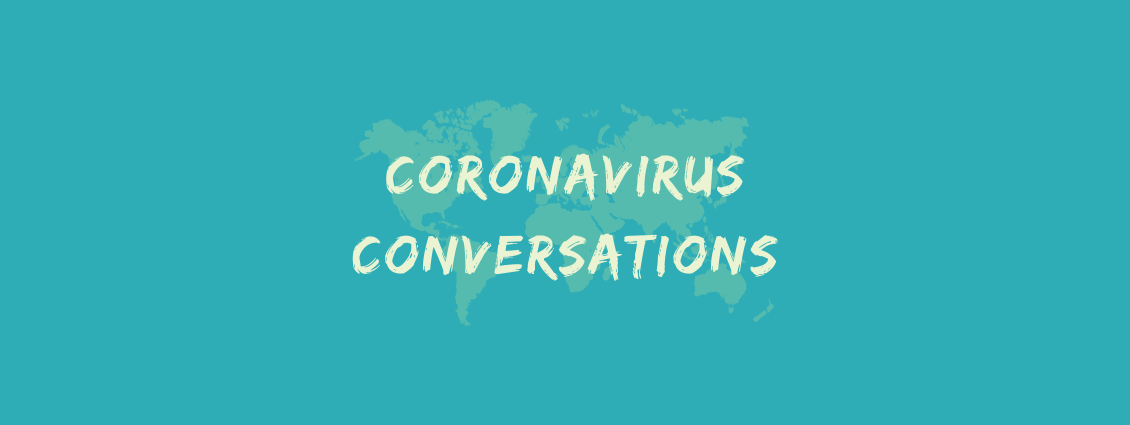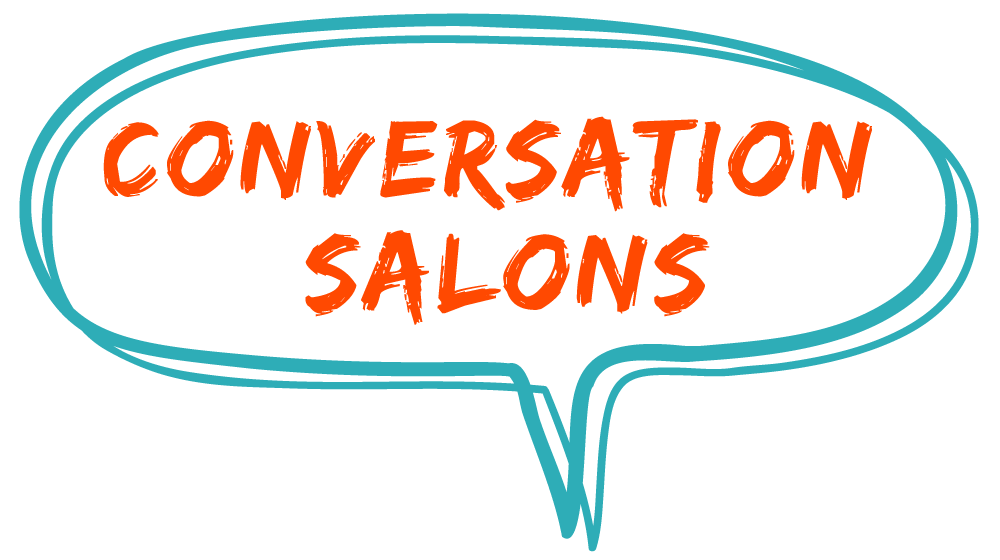
by Heather Bourke
I know these are really tough times for so many but an unexpected and wonderful side effect of this crisis for me has been that it’s prompted me to contact friends I haven’t spoken to in a while. It’s also significantly changed the nature of the conversations we’re having. A few days ago on Facebook I suggested that we explore what conversational adventures and treasures might be found in this time of enforced retreat and lock-down? I myself have been amazed and so touched.
I’m a natural conversationalist but I wasn’t connecting with these friends out of boredom or because I was looking for a deep and meaningful conversation. I was making contact because we are in a time of crisis and I wanted to see how they were doing, to make sure they knew I cared or maybe even loved them. I wanted to hear their voice and relax into the familiar banter that reconfirmed our friendship and bond.
I rang my friend in Australia, Brisbane to be precise, 10pm for him, noon for me. We talk about his new and difficult social work job with young people, we talk about the different reactions to this pandemic, the toilet roll hoarding and the altruism, humanity’s potential for selfishness and kindness, we talk about our attitude to dying, we talk about what the world may be like post coronavirus, we talk about the ex VP of Google and his response to the crisis, we talk about how we are keeping ourselves amused – Oran has 100 books in his garage, I’m decluttering my office. We laugh, we end our conversation, to be continued.
No longer were there individual destinies; only a collective destiny
I ring my friend Robert in Turin. We haven’t talked in a long time and it’s so good to hear his voice. He sounds as calm and relaxed as anything. He’s been in lock-down for a long time now. He’s alone in his apartment. Poor Italy is on its knees. Robert is still teaching his classes remotely. He goes to the supermarket. He reads a lot. He’s reading, The Plague by Albert Camus. I laugh out loud at his choice of reading material, ‘very uplifting’ I say but then we discuss how it’s the perfect book for the current situation we’ve found ourselves in. Camus examines the lessons these disasters can teach, the questions they raise about the nature of humanity. The novel does contain hope, Camus’s narrator declaring, famously, that plagues remind us “there are more things to admire in men than to despise.” It also reminds us of our shared humanity and destiny, “No longer were there individual destinies; only a collective destiny, made of plague and emotions shared by all.” We move on to less profound and less philosophical topics, how our mutual friends are doing, how Robert missed his Mom’s 80th in Florida, what movies we would recommend for each other. We’re both just about to have dinner so we finish our call.
read more: conversations with strangers
I call my friend Kate in Seattle. If it wasn’t for the virus I wouldn’t be ringing her. I last saw her over five years ago. We worked together decades ago. I follow her on Facebook, we swop interesting bits and pieces from time to time. The values and interests that bonded us as young women still hold true today as older women, our causes, our passions. We talk about her grandchildren, her love of being a granny, her love of nature, her despair and frustration with what’s happening in her country under Trump. We vent, we laugh, we inevitably discuss the response to COVID-19, the good, the bad, the bizarre, the admirable. Neither time nor miles diminish the connection, our natural affinity. It’s good to talk. We try not to get too sentimental before we sign off.
These three coronavirus conversations all happened on the same day. How brilliant is that? I’m now wondering who else in my friendship circle near or far I can connect with, now that I have the luxury of time to do so. What rambling meandering delicious conversational adventures and connections might be waiting out there?
